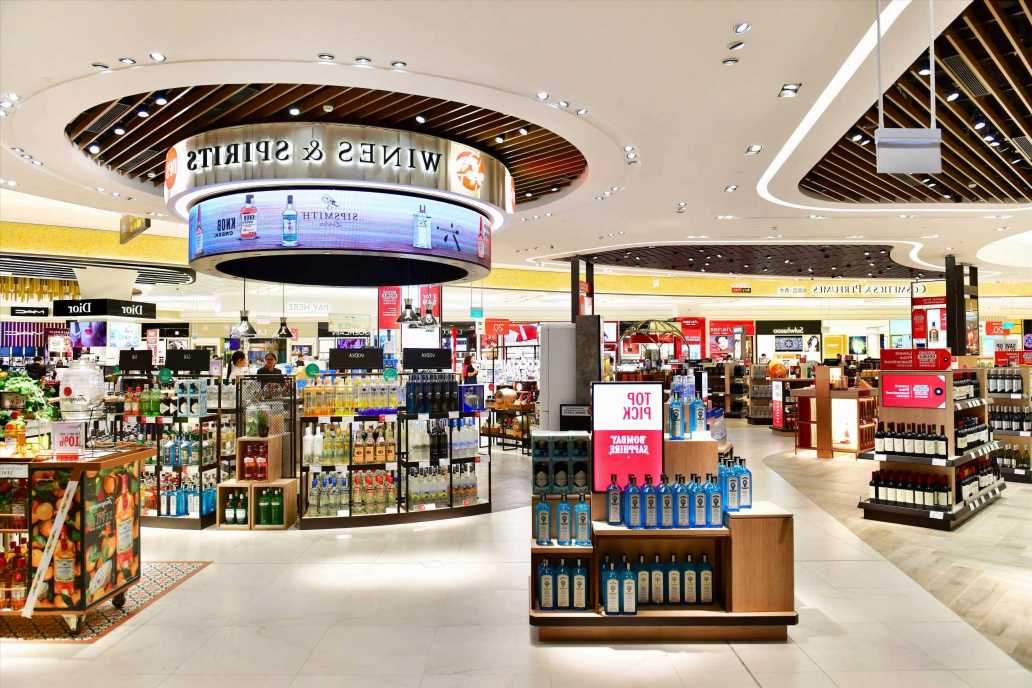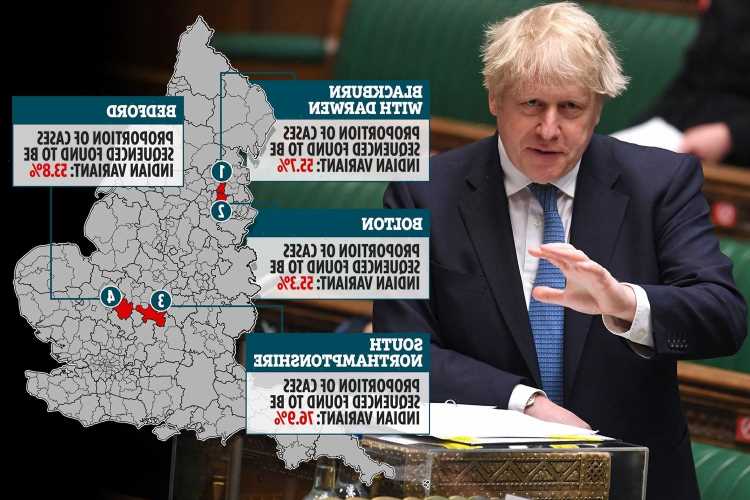MUSLIM devotees have been offering special prayers on the occasion of Eid al-Fitr, which marks the end of the holy month of Ramadan.
The phrase "Eid Mubarak" gets used a lot by Muslims at this time, but what does the greeting mean, and is there a specific way to reply?
What does Eid Mubarak mean?
Eid Mubarak is a traditional Muslim greeting reserved for the holy festivals of Eid al-Fitr and Eid al-Adha.
"Eid" is Arabic for "celebration" and "mubarak" means "blessed".
The saying can be translated as "have a blessed holiday", or "blessed feast/festival".
Eid is pronounced like 'eed' as in the word 'feed'. Special emphasis is placed on ‘-barack’ when enunciating the second part.
Is there a reply?
It is then customary to reply "Khair Mubarak".
This reciprocates good wishes in the hope they will also have a "blessed holiday."
You could also say "JazakAllah Khair" which means thank you, but literally translates as "May Allah reward you with goodness".
What is Eid al-Fitr?
Eid, or Eid-al-Fitr follows a month of fasting for Ramadan.
Eid kickstarts the month of Shawwal, which begins with a feast to end the period of fasting.
Health experts have warned people not to overdo it when the Ramadan fasting ends.
The celebration is a public holiday in many Muslim countries, but is not one in the UK, despite a campaign for it to be recognised back in 2014.
Eid means "celebration" and Mubarak means "blessed"; often Eid Mubarak is used as a greeting over this period.
In 2021 Eid al-Fitr began on the evening of Wednesday, May 12, and ends the following night, May 13.
However, because of the coronavirus pandemic, the celebration has been muted, to protect people's health.
For example at the Birmingham Central Mosque, six separate sets of prayers took place between 7am and midday, to ensure there was social distancing .
When is Eid al-Adha?
The celebration of Eid al-Adha begins on the evening of July 18 and ends on July 23 in 2021.
Eid celebrations continue for different lengths of time in different cultures.
In Qatar, for example, they celebrate for 11 days. While Oman enjoys a nine-day party.
In the Islamic lunar calendar, Eid al-Adha takes place on the 10th day of the 12th month and lasts for four days until the 13th day.
Muslims begin their celebrations with morning prayers, followed by food and exchanging of gifts with family and friends.
They also share their food and money with the poor so that they can celebrate too.
Source: Read Full Article







